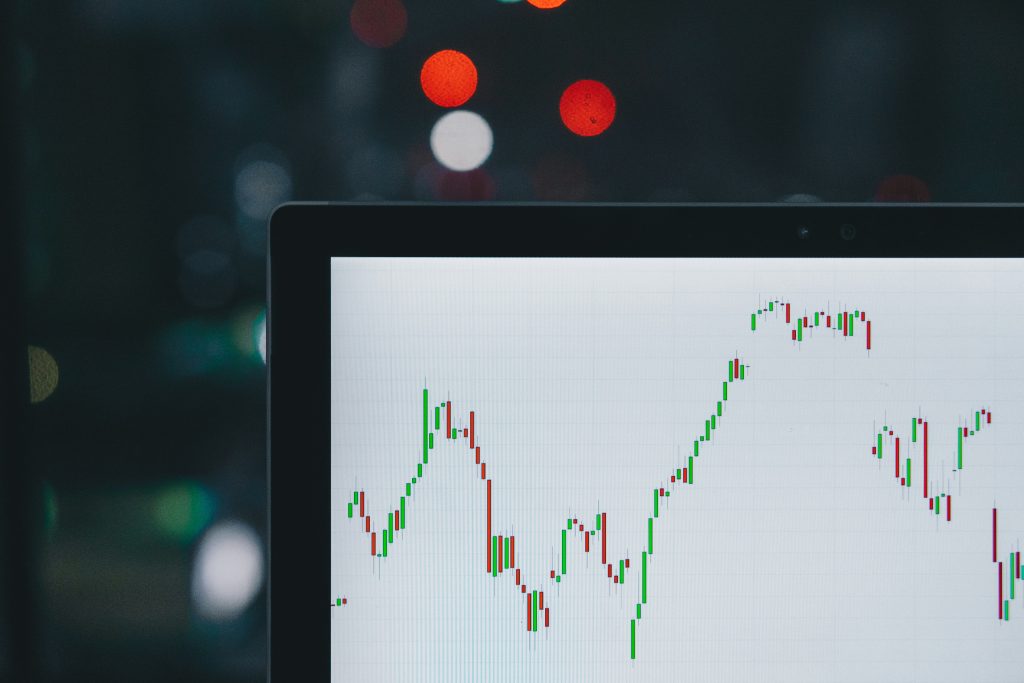The GDP projections for African nations in 2031, as outlined in the report, relied on growth estimates provided by the International Monetary Fund at the country level. Researchers incorporated these projected GDP figures into their database using Global Trade Analysis Project (GTAP) Adjust, a software tool created by the Center for Policy Studies.
According to the report, Nigeria is expected to remain behind Egypt as the largest economy in Africa, with Egypt projected to reach a GDP of $612 billion by 2031. This projection falls short of President Tinubu’s goals, set during the 2023 NESG summit, of achieving a $1 trillion economy by 2026 and growing to $3 trillion by the end of the decade. As of 2023, Nigeria’s GDP was reported at $362 billion, slightly below the 2010 figure of $366 billion, according to the World Bank.
In the decade leading up to 2014, Nigeria experienced an average annual GDP growth of 6.8%, as reported by the IMF, and emerged largely unscathed from the global financial crisis of 2008. However, from 2014 to 2024, the country faced two recessions, a decline in oil production, and increased vulnerability to global economic shocks. As a result, Nigeria is projected to lose its status as Africa’s largest economy in 2024, according to the latest IMF projections.
In 2013, after the economy was rebased, the country became Africa’s largest economy, prompting calls from experts for another rebasing exercise.
Mr. Bolaji Balogun, CEO of Chapel Hill Denham, previously suggested that the country’s economy is more accurately valued around $600 billion, emphasizing factors such as population growth and the expanding informal sector, which are not fully reflected in formal economic metrics.
Since President Bola Tinubu took office in 2023, Nigeria has faced a decline in GDP, largely due to the significant devaluation of the Naira. This has caused Nigeria to drop to third place in Africa, behind Egypt with a GDP of $394 billion and South Africa with $378 billion.
The devaluation of both the Nigerian Naira and the Egyptian Pound is expected to continue, further impacting the economic standings of both countries by 2024, potentially allowing South Africa to become Africa’s largest economy. According to IMF estimates, Nigeria’s GDP in US dollars fell from $477 billion in 2022 to $375 billion in 2023 and is projected to decrease further to $253 billion in 2024. Achieving a $3 trillion economy by the end of the decade would require Nigeria to achieve double-digit economic growth in the coming years. Nigeria’s economy saw a growth rate of 2.74% in 2023 and is expected to expand by 3.3% according to the IMF, despite posting a growth rate of 2.98% in Q1 2024.
Source: https://www.techinafrica.com/nigerias-gdp-set-to-rebound-to-552-billion-by-2031-report-predicts/

